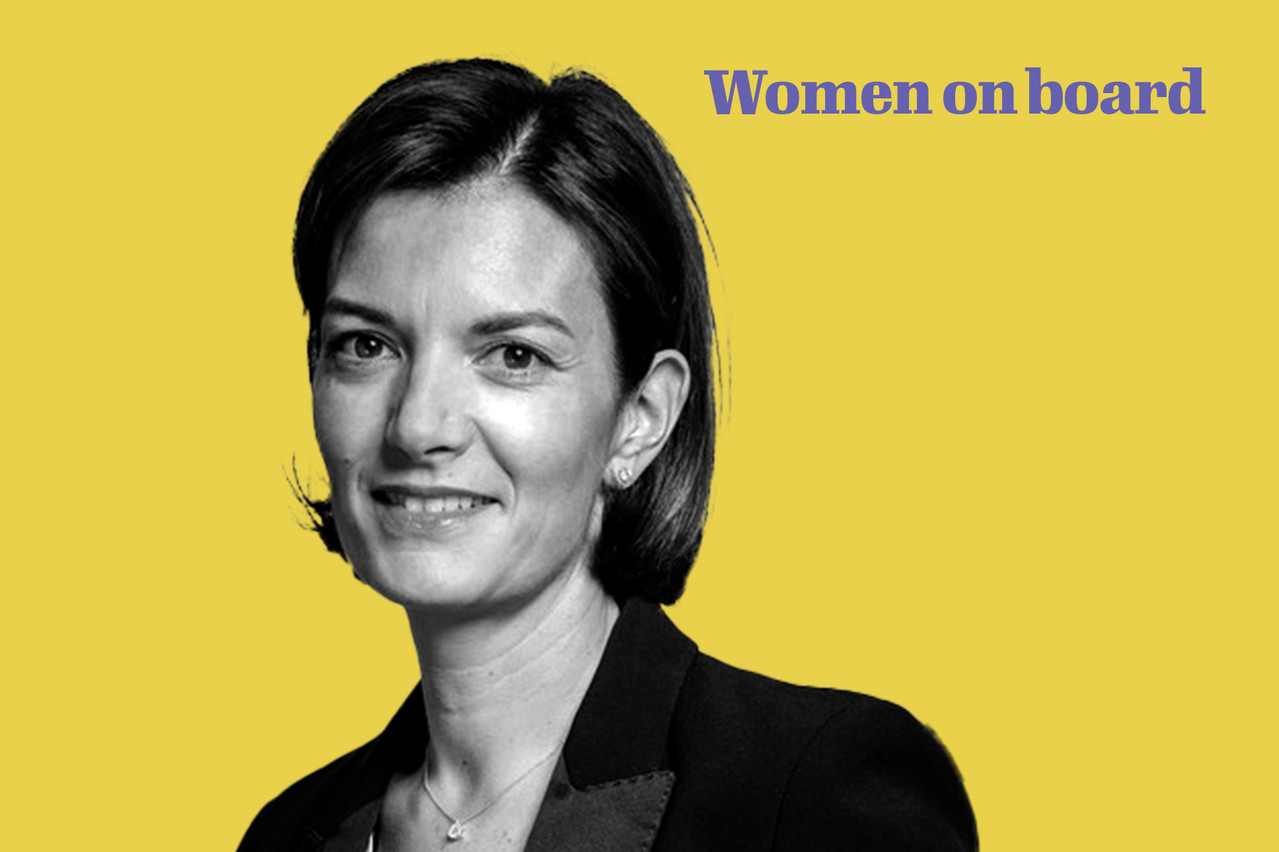is the Chief Executive Officer of the Luxembourg Stock Exchange (LuxSE). She joined LuxSE in 2013, was appointed Deputy CEO in 2019, and CEO in 2021. Her career in the financial sector in Luxembourg spans two decades and includes positions at the Central Bank of Luxembourg and Dexia. In 2016, she founded the Luxembourg Green Exchange (LGX), the world's first sustainable securities platform. An expert in sustainable finance, she has represented LuxSE and LGX at international forums, including the UN High-Level Dialogue on Financing for Development in 2023. Julie Becker chairs LuxCMA, a capital markets industry association set up in 2019. Specialising in the regulatory and legal aspects of capital markets, she holds a master's degree in European and corporate law, a DEA in private law from the University of Nancy II, France, and is an alumnus of the Wharton Business School. Julie Becker is the winner of the Paperjam Top 100 edition 2022.
What are the main challenges you have faced as an independent female director?
I personally haven't encountered any challenges related to my gender, but rather related to the status of independent director. Independent directors face more difficulties in terms of access to useful information, relations with management, the meaning of figures, understanding strategy, corporate life, etc.
How do you deal with any resistance or scepticism towards you?
I always remain professional and myself, demonstrating my skills and the added value I can contribute through concrete results.
Do you think gender equality is progressing on boards? Why?
I think that diversity is progressing slowly within the majority of boards of directors. In fact, progress and awareness of the importance of gender balance on a board of directors is clearly linked to regulation. However, there is still a long way to go to achieve true parity.
What do you think about quotas for women on boards?
'I don't like what they are, but I like what they do or what they make possible,' to quote Christine Lagarde. Unfortunately, quotas are absolutely necessary, and I am convinced that we would not be seeing the current progress without the adoption of the Women on Board Directive.
As a female director, do you feel a particular responsibility to champion issues of parity and inclusion?
Absolutely, above and beyond the responsibility, it's our duty. But it's completely natural and spontaneous.
In your opinion, how does diversity influence the performance of a board of directors?
Diversity changes the tone of the conversation, the objectives of the discussion, the understanding of a problem, the identification of possible options, the apprehension of the risks involved... This leads, in principle, to better decision-making, greater innovation, and ultimately strengthens a company's performance.
What solutions or policies do you think could encourage better parity?
There are no miracle solutions, but as is often the case, 'the tone must come from the top.' Companies must commit to creating an inclusive culture and defining equity and diversity policies. In practical terms, this means implementing transparent recruitment and promotion policies, mentoring programmes, training on prejudices (which women also have, by the way), and initiatives to support work-life balance.
What specific advice would you give to a young woman who wants to take her place in society? What would you advise her against?
Dare to sit in the front row, always seize the opportunities that come your way, never give up, and keep smiling, no matter what!"
